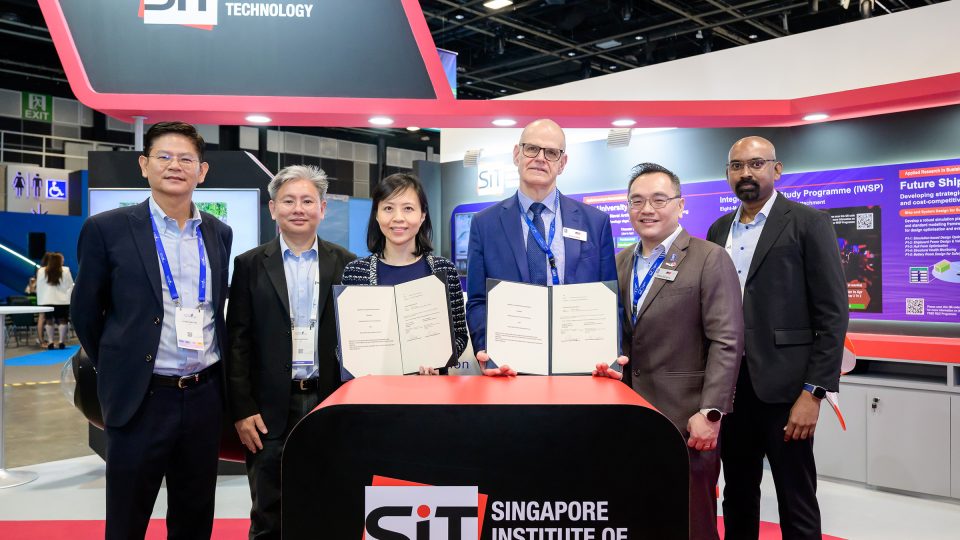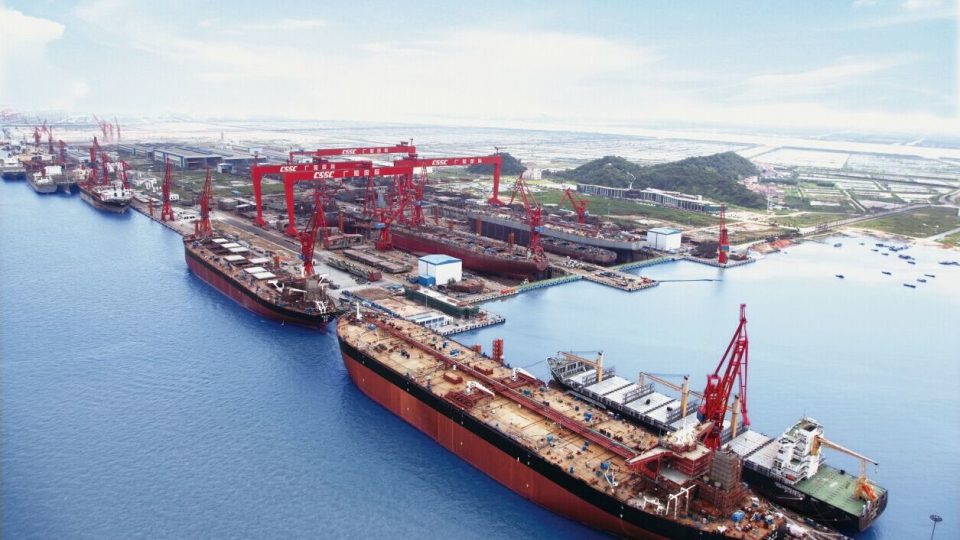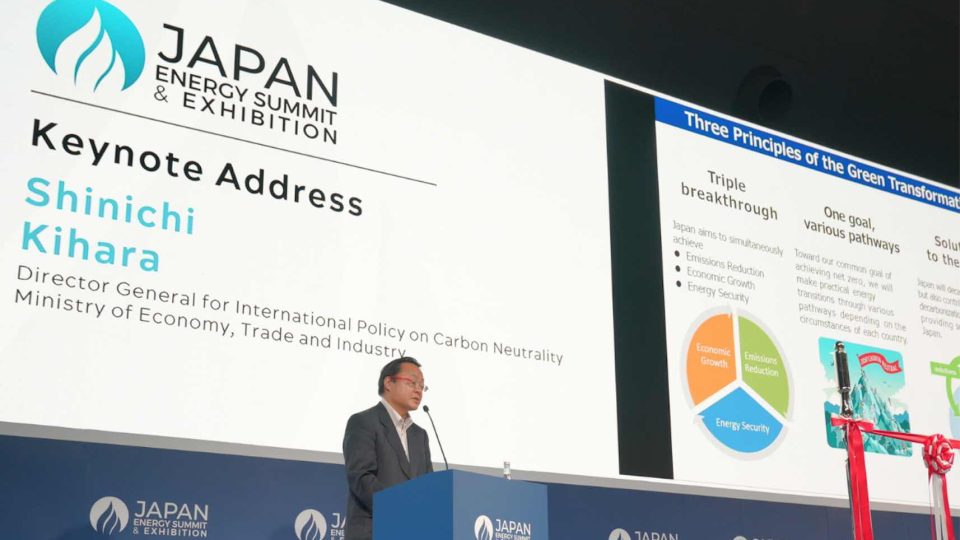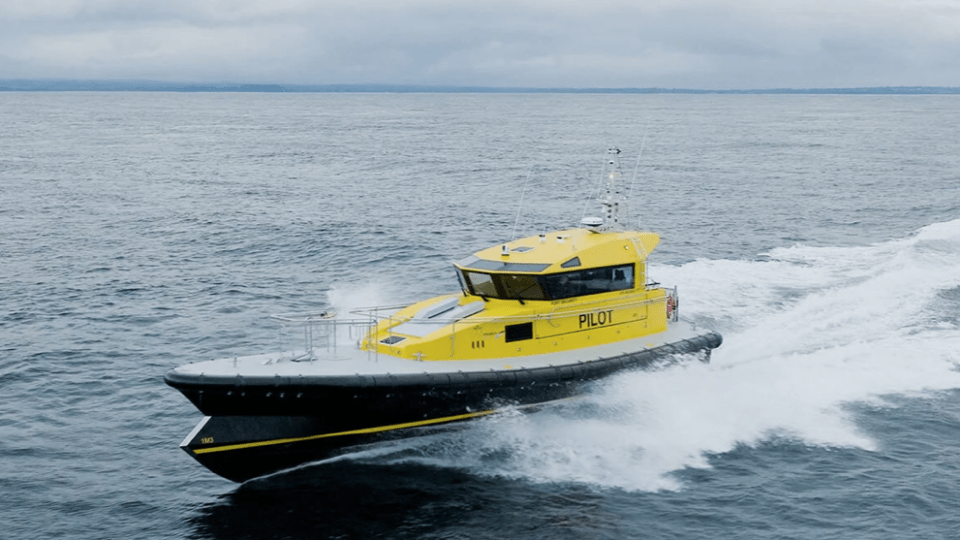Volvo Penta and the simple transition to HVO100
Volvo Penta continues to explore the future of boating at pace and sustainability remains a key driver. HVO100 is an inherently more sustainable fuel option that is already powering Volvo Penta engines. It’s a simple and highly effective alternative fuel that is readily available and already making waves around the world. At this year’s Miami International Boat Show, Volvo Penta is showcasing the simplicity of HVO100 through a live demo on a Southport 30 FE.
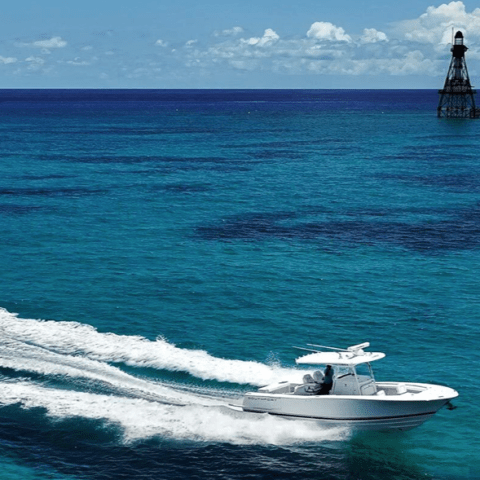
At Miami International Boat Show 2024 (MIBS), Volvo Penta is showcasing the simplicity and performance of HVO100 in a Southport 30 FE stationed at the Sea Isle Marina. Those test-driving the vessel will experience the emissions advantages and how the fuel has no impact on power or range. The boat will be powered by neat HVO100, provided by Neste, which is made from 100% renewable raw materials.
HVO100 (known as renewable diesel in the U.S.) is a renewable alternative to conventional diesel. By making a simple switch from diesel to HVO100, boaters can yield substantial benefits, with net greenhouse gas emissions reduced by up to 90%. Despite the simplicity and effectiveness of HVO100, awareness remains relatively low. While there is much excitement and attention focused on tomorrow’s new power solutions, the reality is that one of the fastest ways to make a significant impact on CO2 emissions is to use HVO100.
The process of switching to HVO100 requires no preparation when used on a Volvo Penta engine. Boaters can refuel with HVO100 in lieu of conventional diesel. In instances where HVO100 is unavailable, reverting to conventional diesel is seamless. No alterations to the engine are required and there is no impact on service intervals or other operational aspects.
Volvo Penta will also be running boat demos and participating in the “Propelling our Future” event being run by the National Marine Manufacturers Association (NMMA) during MIBS. The NMMA is organizing the event to showcase the range of alternative solutions available to boaters looking to decarbonize.
“There is no one-size-fits-all approach to minimizing emissions in the recreational marine industry. The future will require a mix of technologies, such as electrification, hybrid-electric, advanced hull design and efficiency improvements, as well as sustainability initiatives,” said Jeff Wasil, director of environment, health, safety and compliance for NMMA.
This holistic view mirrors the approach of Volvo Group to decarbonizing the movement of people and goods at sea, on land and across industry. For Volvo Penta, the road to decarbonization at sea will incorporate a mix of hybrid and electric solutions, fuel cells and alternative fuels – such as HVO100.
This switch to a variety of new propulsion solutions also needs to be aligned with an innovative design approach. Here, Volvo Penta has a proven legacy, for example with the latest IMO Tier III engine range, which fulfils all emissions targets while offering class-leading efficiency for a wide range of commercial marine vessels. Volvo Penta IPS has revolutionized boating and boosts fuel savings through its integrated efficiency. These propulsions systems are fully ready for HVO100 and, with a mix of technologies, owners can achieve the lowest possible fuel use, emissions and costs.




